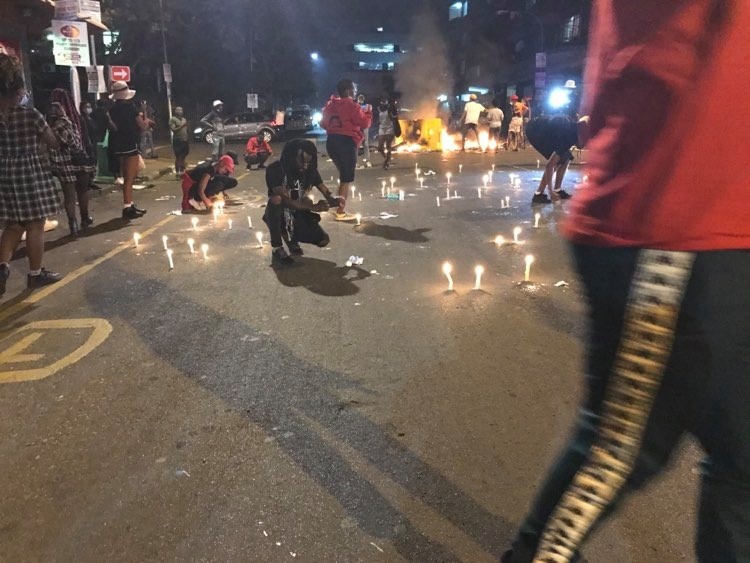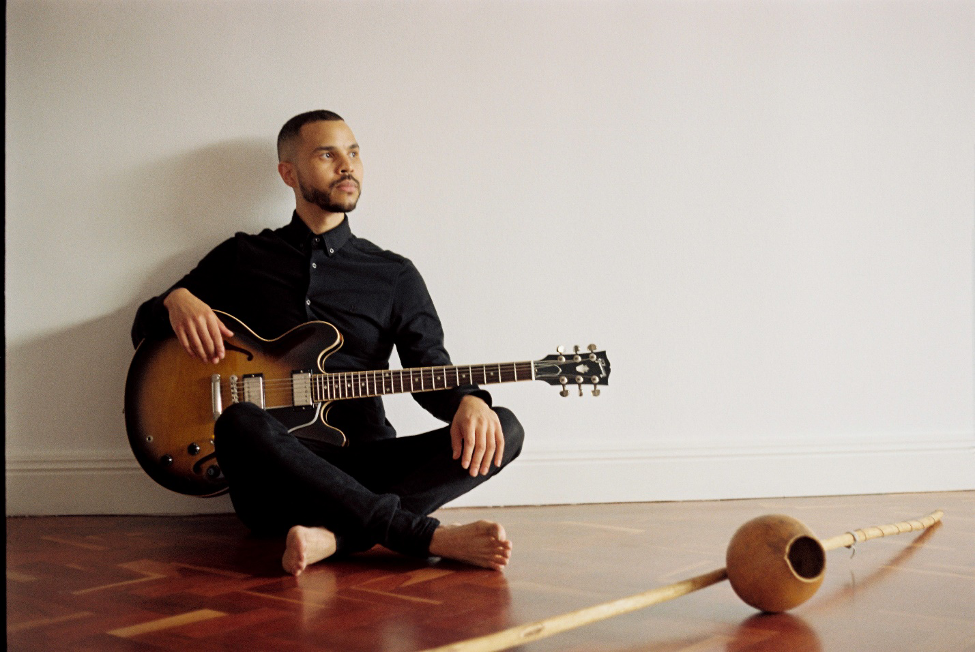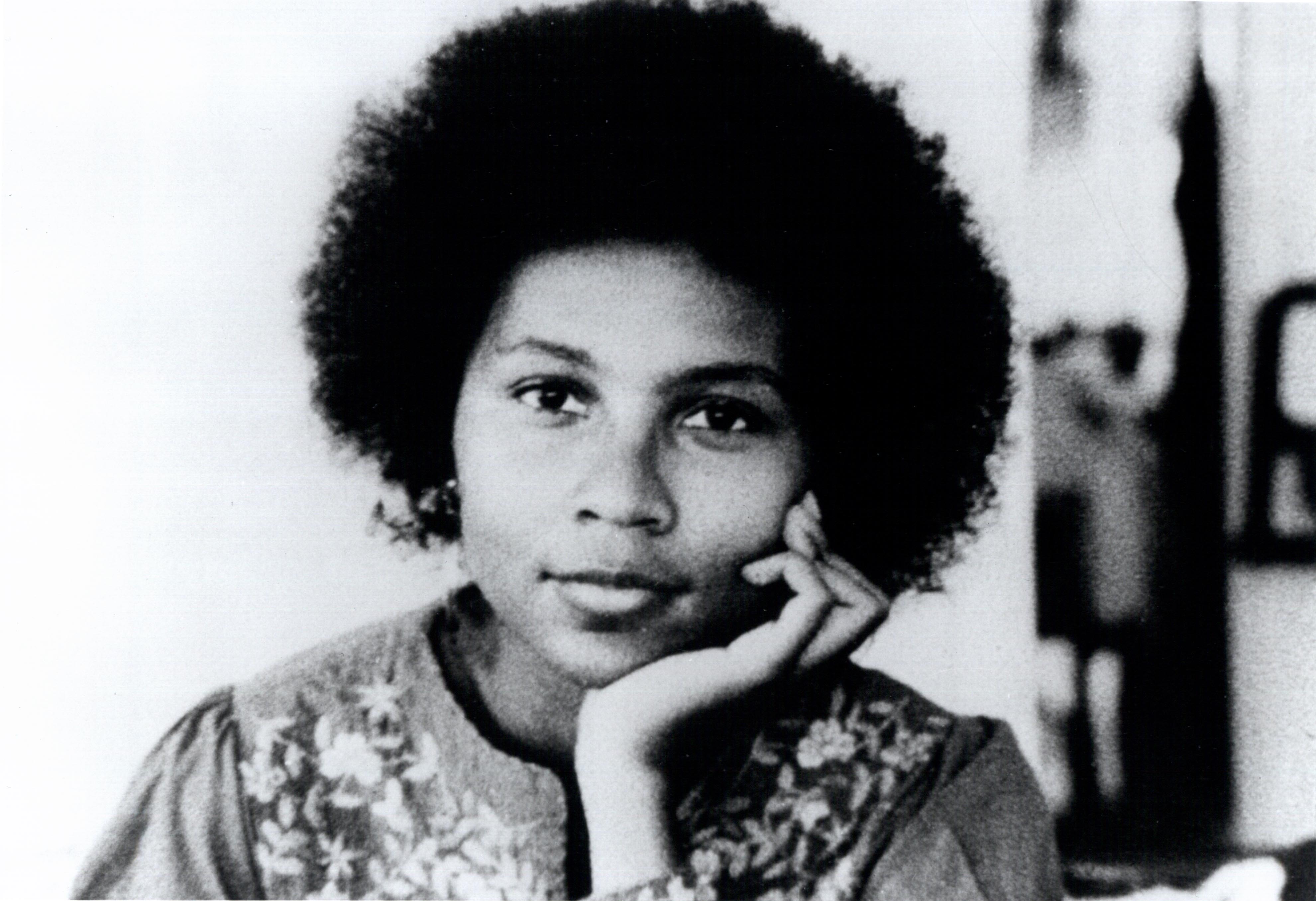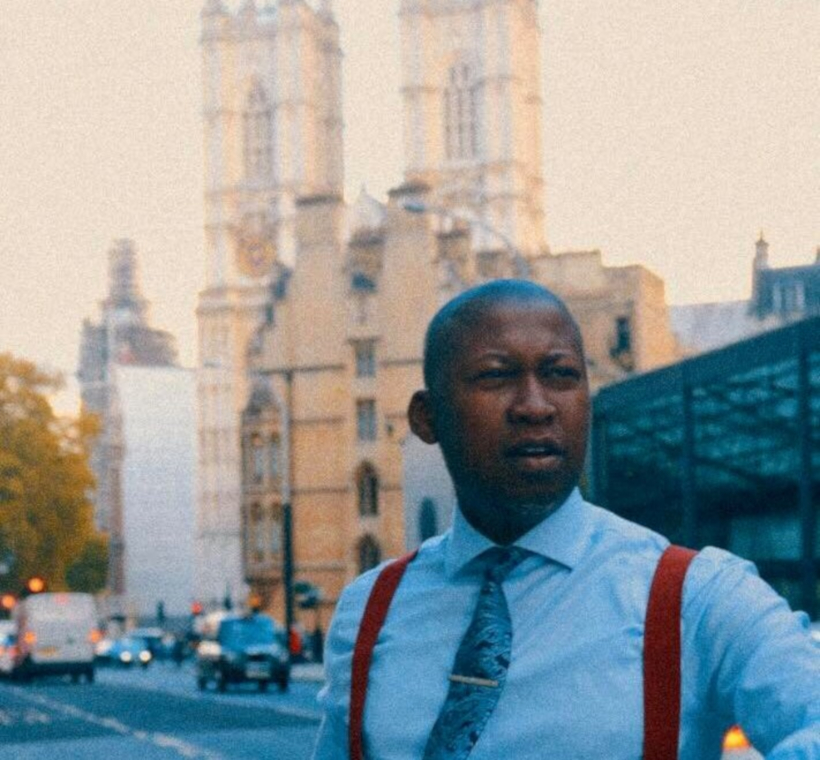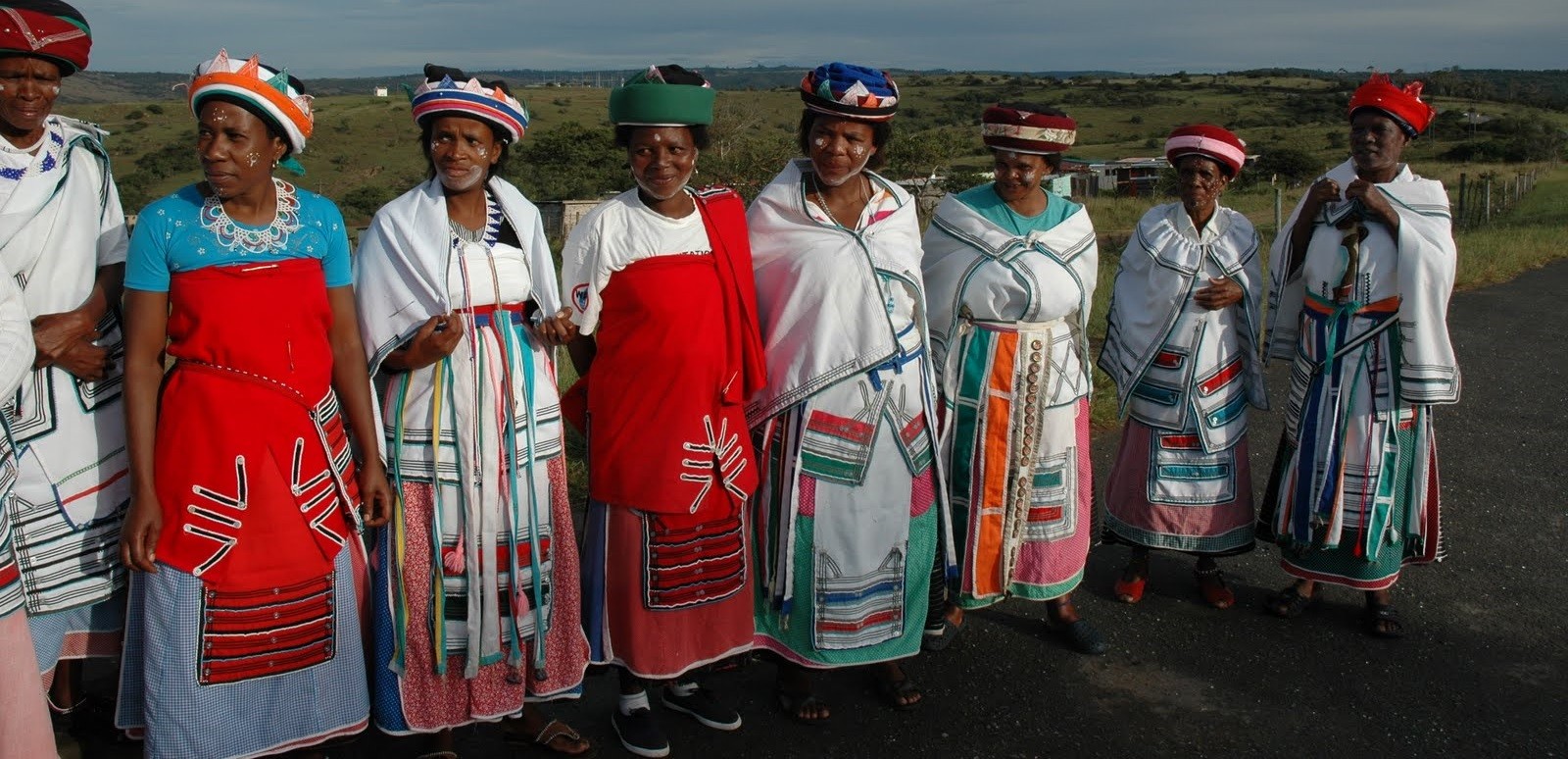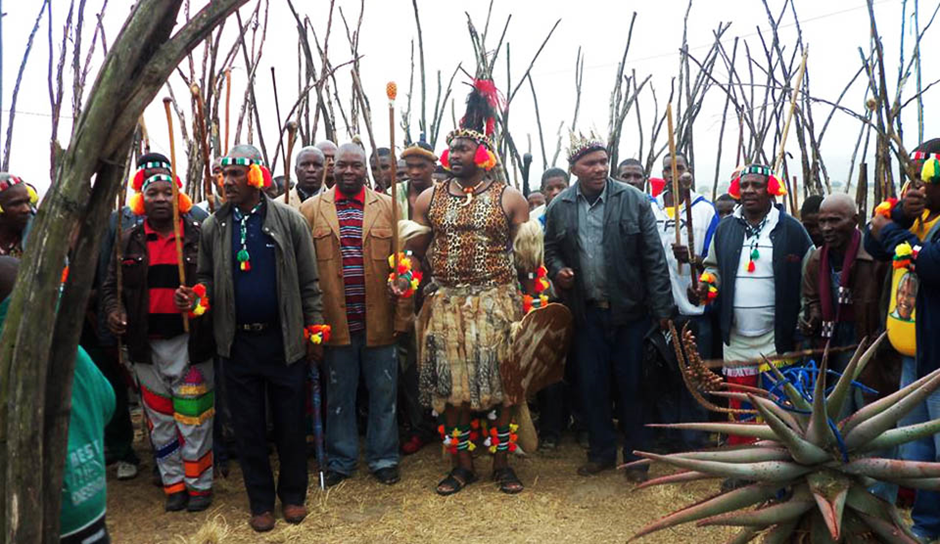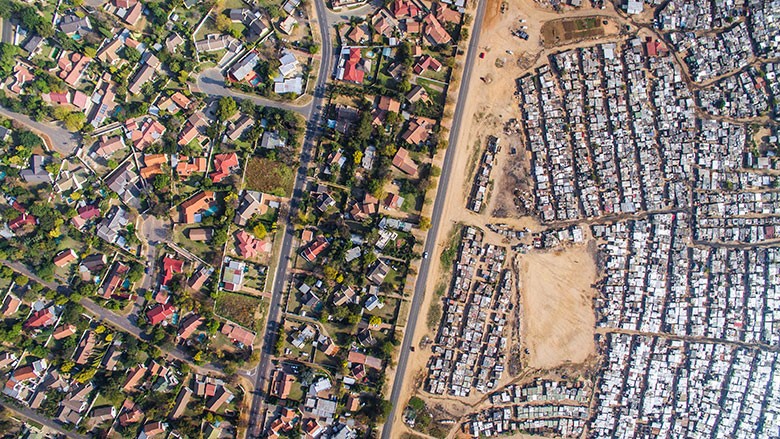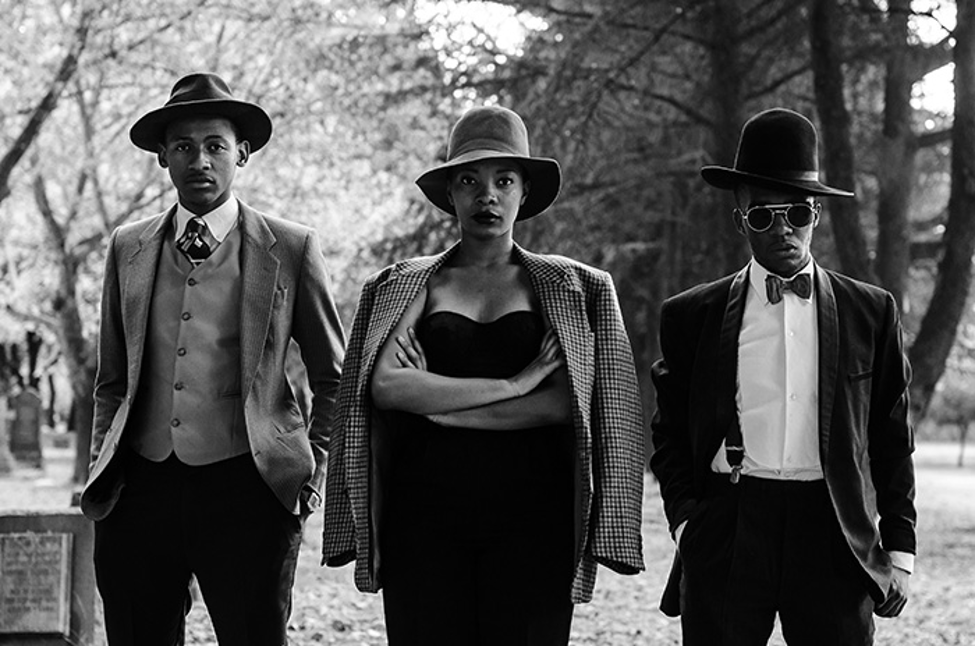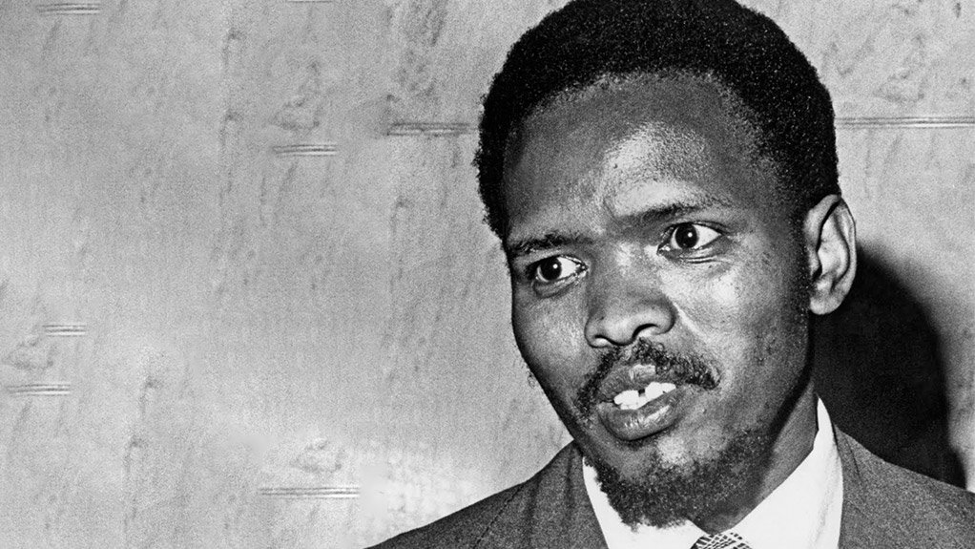After the untimely and brutal murder of Mthokozisi Ntumba, at the hands of the settler colonial South Afrikan police state, artists, activist, organizers, and the broader Johannesburg community members are invited to honour the life of Mr Ntumba, lost in the firing line of the people’s greater demand of demodification and decolonisation of education.
On Wednesday the 17th of March 2021, artists will gather at the exact location where Mr Mthokozisi took his last breath to mark a week of mourning with the purpose of holding space for collective grief.

This collective grief comes as a protest against police violence and brutality that historically has been an unfortunate feature of Black Lives. The protest action is also in line with the continued efforts of students to reclaim public spaces to reflect their location. This zeal is marked by the recent renaming of De Beer street, to Ntumba Street on Thursday, 11 March.

recently renamed De Beers to Ntumba Street by students
From Andries Tatane (2011), Marikana (2012), Joha Mashele (2018), Nathaniel Julius (2020), Collins Khosa (2020) Mthokozisi Ntumba (2021) and hundreds more, who lost their lives violently at the hands of the State - this commemoration remembers them.

This public action is a way to highlight rampant police brutality and the plight of Black lives whose poverty is managed by hyper-surveillance and violence by a State which altogether views Black people as disposable and available for all manner of violence. Secondly, the concert will demand swift accountability and justice for the fallen Ntumba. Third, as per the communal practice of mourning with members of a family who have lost someone, all promotional materials leading up to the event will share details of a verified account number where donations can be sent to Ntumba’s family. Finally, the public action hopes to contribute to building further momentum for the fight waged by students and artists against a common enemy - neoliberalism, rampant state corruption and looting, and austerity measures responsible for denying millions of South Africa sustainable livelihoods and in turn, dignity.
We seek logistical assistance for the success of this commemoration. (stage, lighting, set-design, video services, online streaming, etc. There is an opportunity for everyone with all their skill sets to be involved
In Remembrance of Mthokozisi Ntumba - Artists Sign-Up Sheet
Concerning the fundraiser to the family - as a matter of accountability and transparency, all donations will be made directly to a bank account provided by the family. Thus, as organisers of this event we will not accept any donations in any shape or form meant for the family.

